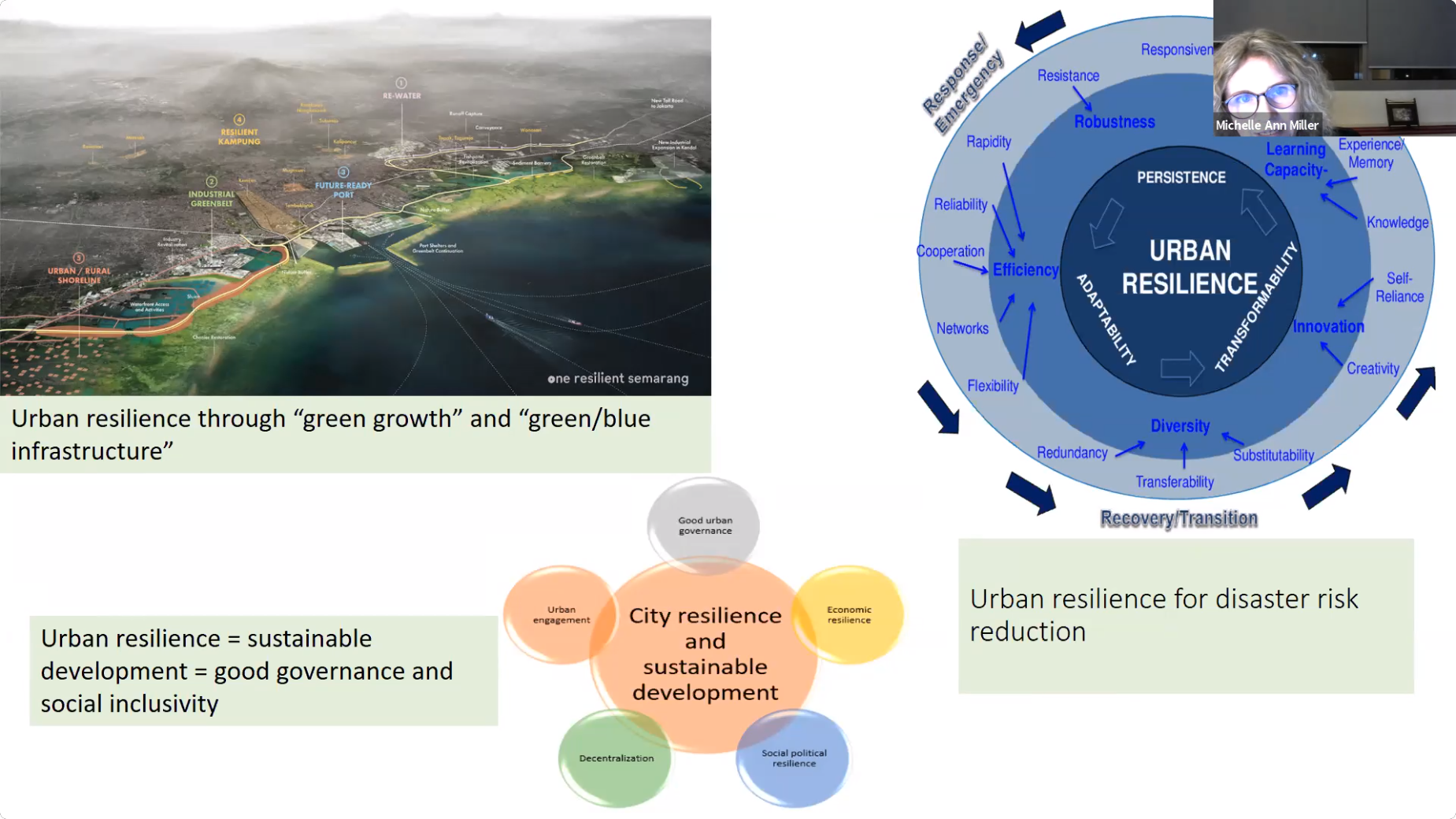Heightened border regulations have impacted, amongst various things, the mobility of labour. As a receiving society highly reliant upon migrant labour, Singapore is making changes to how domestic work is organised. This entry examines the pitfalls and potentials of part-time domestic work., writes Junjia Ye
_______________________________________________
Singapore’s recent scheme (Ng, 2021) that would allow households to hire part-time domestic workers is an expansion of an earlier model piloted since 2017 when the Ministry of Manpower (MOM) introduced an alternative model of providing and hiring domestic workers (Awang and Wong 2019). This model, called the Household Services Scheme (HSS), widens the range of nationalities of workers who can provide on-demand, part-time domestic services. Workers live outside the homes of people who need these services, in accommodations provided by their companies. This could be a helpful way forward that addresses some of the pressing issues of being and hiring a live-in domestic worker. In a recent report, the Humanitarian Organization of Migration Economics NGO (H.O.M.E.) detailed key difficulties faced by migrants (H.O.M.E 2021). Overwork and abuse are some of the main ways in which domestic workers are made vulnerable. The new model could help domestic workers avoid this by changing their living arrangements, that is, spatially separating work and non-work time.
From “labour crunch” to labour equity: the potentials of part-time domestic workers
The expansion of this model in 2021 is largely a response to reduced inward movement of domestic workers during this time of pandemic. Indeed, while the virus and its variants are, frustratingly, hyper-mobile, it has reduced our mobilities in many ways. Heightened border regulations have impacted, amongst various things, the mobility of labour. This impact is deeply felt in Singapore, which has always relied on migrant labour. One segment of the tightened migrant labour market that has directly affected our daily lives is the live-in female domestic workers, numbering around 250,000. As our workforce participation rates increase, alongside an aging population, the current ratio of 1 in 5 households (Awang and Wong 2019) with domestic workers looks set to increase. Yet, the cases of Parti Liyani[1] and Piang Ngaih Don[2] are just two recent examples that indicate the vulnerability that female migrant domestic workers are exposed to.
Another major issue pointed out by the H.O.M.E. report is the challenge of changing employers by full-time, live-in domestic workers. While there are allowances for changing employers for full-time workers, the model of part-time domestic workers could address the very problems that drive workers to change employers in the first place. By hiring part-time domestic workers, we might also side-step the $5000 security bond that employers currently worry about losing. Given the current constraints on accessing live-in domestic workers from abroad, this on-demand model may be able to tap into the pool of domestic workers who are already in the country.
Having said this, how can we balance our labour needs with just and fair treatment of those who fulfil them? Rather than seeing the current situation as a labour crunch, there is a possibility to understand it as an opportunity for greater labour equity for essential work that has long been undervalued. While there is no single answer to achieving this equity, we might, however, make progress by shifting the dominant ways in which we currently value, organize and enforce rules with regard to the provision of migrant domestic work.
The needs of households that rely on domestic workers are diverse
It must be pointed out that it is unlikely to have a complete shift away from live-in domestic workers in Singapore. The labour of live-in domestic workers currently addresses diverse needs of families in Singapore. Yet, as our demography changes, there needs to be more comprehensive and affordable forms of care that these households should be able to access, especially if they are from lower or lower-middle income groups. There are families that require domestic services throughout the day to care for, say, elderly parents who are ill, very young children or household members with special needs. Some of these families with “urgent caregiving needs”(ChannelNewsAsia, 2021) are currently facing difficulties in securing live-in domestic workers. In the mean time, a blended model of letting live-in domestic workers still be accessible to these families with distinctive needs would be helpful. This urgency that is acutely felt especially during the exceptional time of pandemic suggests, however, that hiring live-in domestic workers is an immediate response and not a sustainable solution in the longer term. In other words, domestic service is an important part of this wider economy of caregiving that will have to develop as our demographic needs evolve.
Pitfalls of part-time: no good gig?
Moving towards a blended model of both part-time and live-in domestic workers may address the current labour needs but does not necessarily mean greater equity for workers. Firstly, case studies emerging out of South Africa, India, Mexico and the United States remind us that existing inequalities and power differentials tend to be reinforced in models of on-demand domestic labour provision (Hunt and Samman, 2016).
Secondly, this flexibilised model of labour provision comes with potential risks for workers. There remain questions that must be asked. How will workers be transported to jobs? How can we ensure that employers are providing safe and hygienic housing conditions for the workers? How will the work be distributed amongst the women? Would flexibility for clients translate to uncertainty for workers? What sort of workplace health and safety protections will be in place and how will these be enforced? How can we prevent on-demand work from stealthily hiding the faultlines of conventional labour provision?
These are concerns embedded within all flexibilised, on-demand work. Indeed, like gig-workers in Singapore, live-in migrant domestic workers are still not covered under the Employment Act in Singapore. The Employment Act is Singapore’s main labour law and covers all workers, except seafarers, civil servants and domestic workers. One improvement of the HSS is that part-time domestic workers will be protected within the Employment Act. This is significant as research has shown that domestic work is particularly precarious as it is carried out by marginalised women who are often excluded from labour protection regulatory frameworks. Although the Employment Act may cover only the basic terms and conditions of work, not being covered by the Act is part of the extraordinary precarity to which domestic workers are vulnerable. Such concerns would need to be addressed so that all workers, including full-time, live-in migrant domestic workers, are protected from labour exploitation. Policy-makers and companies facilitating and providing part-time domestic labour would have to play a central role in enforcing regulations to ensure equity for workers in the long term. This would also make part-time domestic work provision more sustainable in the longer run.
Given the current narrowing of national borders that reduces labour mobility, this is the time to move forward with the blended approach while at the same time addressing the pitfalls. There is now the regulation of a mandatory one day off a month for domestic workers which cannot be compensated away. This regulation will only kick in at the end of 2022 and, as many would argue, is long overdue. This is, nevertheless, a step in the right direction towards addressing the well-being of migrant domestic workers in Singapore. There are potential improvements to the labour conditions of domestic work through the part-time model. The next major steps would be the enforcement of protections for domestic workers, both live-in and part-time, whose labour Singapore cannot do without.
Notes
[1] Parti Liyani was wrongfully convicted of theft from her employers in 2019 but the verdict was overturned in 2021. Source: https://www.channelnewsasia.com/singapore/parti-liyani-compensation-agc-high-court-dismissed-judge-1954481, date accessed 15th Nov 2021.
[2] Piang Ngaih Don was a domestic worker from Myanmar who died in 2016 after prolonged abuse from her Singaporean employer. Source: https://www.channelnewsasia.com/singapore/myanmar-maid-piang-ngaih-don-gaiyathiri-murugayan-jailed-1952766, date accessed 15th Nov 2021.
References
Awang, N. and Wong, P., (2019). The Big Read: As maids become a necessity for many families, festering societal issues could come to the fore. [online] CNA. 4 November. Available at: <https://www.channelnewsasia.com/news/singapore/maids-foreign-domestic-workers-singapore-necessity-families-12059068> [Accessed 13 August 2021].
ChannelNewsAsia, (2021). Pilot programme to facilitate safe entry of foreign maids amid COVID-19. [online] CNA. 14 July. Available at: <https://www.channelnewsasia.com/singapore/pilot-programme-facilitate-safe-entry-foreign-maids-amid-covid-19-2019096> [Accessed 13 August 2021].
Humanitarian Organization of Migration Economics, (2021). Research. [online] HOME.org.sg. Available at: <https://www.home.org.sg/research> [Accessed 13 August 2021].
Hunt, A. and Samman, E., (2020). Domestic Work and the Gig Economy in South Africa: Old wine in new bottles? Anti-Trafficking Review 15, pp.102-121. DOI: doi.org/10.14197/atr.201220156
Ng, M., (2021). Part-time home cleaning scheme to be permanent, may also include grocery shopping, car washing: MOM. [online] The Straits Times. Available at: <https://www.straitstimes.com/singapore/part-time-home-cleaning-scheme-to-be-permanent-may-also-include-grocery-shopping-car> [Accessed 29 August 2021].
______________________________________________
*Banner photo by rigel on Unsplash.
*The views expressed in the blog are those of the author alone. They do not reflect the position of the Saw Swee Hock Southeast Asia Centre, nor that of the London School of Economics and Political Science.





